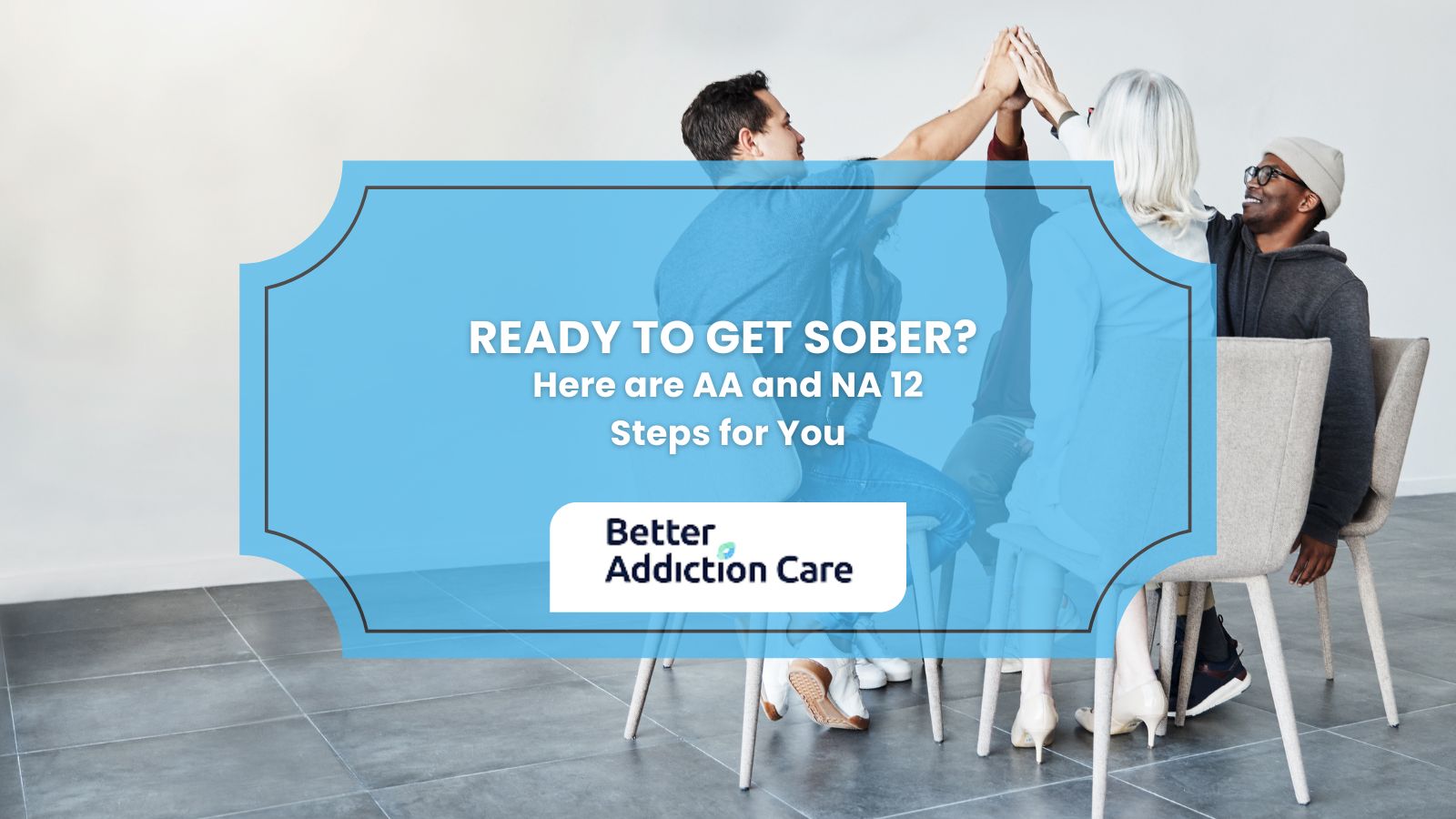What to Expect from Alcohol Recovery

Over 178,000 Americans die every year due to misuse of alcohol, making it the third most avoidable cause of death in the country. Alcoholism is a strong drug that can lead to very bad things. Even though these numbers are scary, only 7.6% of people who needed alcohol help in 2020 actually got it. Most people can benefit from alcohol therapy, especially if they seek it early enough since recognizing the stages and timeframe of alcoholism is critical for a successful recovery.
Many people are suffering from Alcohol Use Disorder (AUD). Following this, the National Institute on Alcohol Abuse and Alcoholism (NIAAA) has said that getting into remission and giving up heavy drinking for good are important parts of going back to a normal life.
Recovery entails more than just quitting alcohol; it also includes meeting basic human needs, strengthening social and spiritual life, and restoring bodily and mental health. This comprehensive approach seeks to improve overall quality of life and well-being. Understanding these aspects of recovery can help those who want to make a positive change and navigate their path to a better future.
With the correct assistance, rehabilitation is not only feasible but also necessary for the well-being of the thousands of Americans who undergo treatment each year. In this article, you will learn about alcoholism, alcohol recovery, and what to expect from it.
So What Should You Expect?
Recovering from alcohol is a complex road covering social, emotional, and physical aspects. Usually starting with detoxification -where the body cleans itself of alcohol- the process can cause anxiety, tremors, and nausea. Medical practitioners can assist in controlling any type of withdrawal symptoms, which are pretty common when detoxing from alcohol.
Physical health improves significantly and gradually when recovering as long as you stay sober. As proof of this, improving liver function, sleep quality, and overall quality of life can become evident quickly.
Individuals in the early stages of sobriety may endure emotional changes as they acclimate to life without alcohol. Individuals often suffer feelings of concern, despair, or frustration during the rehabilitation process. However, when the brain heals from the effects of alcohol, cognitive capacity and clarity of thought typically increase over time.
The development of new, healthy habits is vital. This can require regular exercise, a controlled daily calendar, and new interests. Maintaining soberness also depends heavily on learning to recognize and avoid triggers.
Still, another crucial element of recovery is social change. It is essential and should be stressed as many times as possible, to build a robust support system by going to support groups such as Alcoholics Anonymous (AA) and by relying on close friends and family. Over time, better social connections can form, but at first, a person may need to make changes to their social life, such as staying away from places or people that are linked to drinking. Recovery also gives people a chance to learn more about themselves and grow.
Finally, an important aspect of alcohol recovery is building trust. Relationships usually get stronger when you talk to your loved ones and earn their trust. If, by any chance, you relapse, you are going to have support and the education to understand that rehabilitation is an ongoing process that requires constant work and commitment.
People should learn from these things since, as mentioned before, requesting help, attending a support group, or contacting a friend is critical to recovery. It is also important to remember that recovering from alcoholism might be challenging but, at the same time, very beneficial for you and your loved ones, which would probably result in a happier life.
In summary, here is what you can expect from alcohol recovery:
What are The Stages of Recovery?
According to the addiction expert Dr. S. Melemis, the four stages of recovery provide a framework for personal development, long-term sobriety, and alcohol cessation. These stages start with the Abstinence stage, which occurs quickly after quitting drinking and focuses on avoiding alcohol and developing healthy habits in the short term. Introspection can help people to break emotional addiction and physical cravings. Long-term transformation is possible by introspection and acceptance of addiction.
After the abstinence stage, there is a two-year stage called the Post-Acute Withdrawal stage. The effects of alcohol dissipate over time. However, cognitive and emotional problems may remain. Control of mood swings, anxiety, and sleep disturbances requires both mental health focus and persistence. This level emphasizes the mental strength required to persevere on the road to recovery.
During the two-to-three-year Repair stage, many effects of alcoholism are healed. You should remember that addiction has an impact on relationships, jobs, self-esteem, and the body, as well as other aspects of someone's life. During the repair period, support groups and cognitive behavioral therapy can assist you in breaking free from negative thinking patterns and building strength and endurance while improving your relationships. Also, self-reflection and taking care of your recovery can help heal deep scars that might led to your drinking pattern.
Finally, people enter the Growth stage -new life skills acquisition and significant emotional development- three to five years following recovery. People use this stage to break cycles, overcome negative events, and define reasonable boundaries.
How Long Does It Take for the Body to Recover from Alcohol?
The time it takes for the body to recover from alcohol varies greatly based on several factors, including the severity of alcohol consumption, the individual's overall health, age, and the presence of any co-occurring illnesses. Here's a general description of the recovery timeframe, divided into mild and severe alcoholism:
Mild alcoholism
Recovery from moderate alcoholism is faster and less intense. The first one to two weeks of withdrawal may cause mild anxiety, tremors, and sleep issues. Sleep patterns, mental clarity, and most severe physical symptoms improve within two to four weeks. After one to three months, digestion and energy improve, and mental stability returns. At six to twelve months, physical health improves, cognitive functioning improves, and emotional well-being stabilizes. After a year, patients frequently have a fully stable condition with improved relationships and overall quality of life.
Severe alcoholism
For people with severe alcoholism, the rehabilitation process is longer and necessitates close medical monitoring. The initial withdrawal phase, which lasts one to two weeks, can cause severe symptoms such as high anxiety, violent tremors, nausea, and, in extreme circumstances, seizures or delirium tremens.
Between two and four weeks, withdrawal symptoms begin to fade, but insomnia, irritability, and exhaustion continue. By one to three months, liver function and energy levels have significantly improved, but the risk of relapse remains substantial, necessitating extensive support networks.
Cognitive abilities and physical health improve significantly over three to six months, but emotional stabilization continues. At six to twelve months, continued assistance helps to maintain sobriety while physical and mental health recover and new, better patterns are created. After a year or more, the majority of long-term consequences of alcohol usage become apparent, such as enhanced cardiovascular health and a lower risk of alcohol-related diseases, greatly improving the individual's overall quality of life.
How Long Does the Brain Take to Recover from Alcohol Consumption?
It is crucial to have a comprehensive understanding of the chemical and anatomical changes that take place in the body due to alcohol consumption to facilitate the recovery process. Alcohol impacts neurotransmitters in the brain, specifically gamma-aminobutyric acid (GABA) and glutamate, which regulate excitability and inhibition. Long-term alcohol use disrupts these neurotransmitters, causing mood swings, memory loss, and confusion.
The brain changes during the first several weeks of recovery after alcohol withdrawal. Recovery from neurotransmitter imbalance can cause anxiety, tremors, and insomnia. Healthy living is essential for rehabilitation. As neurotransmitters improve, the mind becomes more stable and clear.
Still, the level of healing is based on several factors. Long-term alcoholism, for example, can change the structure of the brain in ways that cause brain tissue to shrink and white matter to disappear. These changes can't be undone and may last forever. This injury may impair memory, attention, and decision-making. Post-abstinence issues may persist in the hippocampus (which improves memory) and prefrontal cortex (which affects executive abilities). However, the brain is adaptable and may repair itself in some cases. In this sense, abstinence might help the brain repair and restructure, improving cognitive and emotional abilities. Healthy habits, mental exercises, and regular mental health visits help with this.





